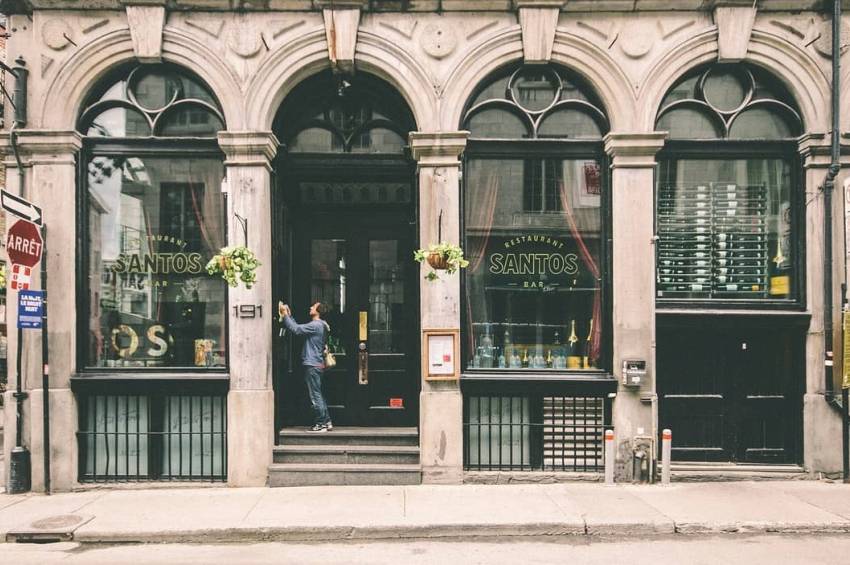
Does a commercial property have to pay special assessments?
If you own a commercial property in a building with residential units or within a homeowners' association, you have probably wondered: Does a commercial property have to pay special assessments? This topic can raise many doubts, especially when it comes to maintenance work, repairs, or improvements to the building.
In this guide, we explain everything you need to know about special assessments in homeowners' associations, the obligations of commercial properties, and in what cases they may be exempt from payment.
What is a special assessment in a homeowners' association?
Concept and purpose of special assessments
Special assessments are extraordinary payments that property owners in a community must make when unexpected expenses arise or necessary investments are required for the maintenance of the building. These can be used for:
- Urgent repairs, such as structural problems or major breakdowns.
- Improvements to the building’s accessibility.
- New installations, such as elevators or energy efficiency systems.
Most common types of special assessments in communities
Special assessments can be classified into two main types:
- Mandatory assessments, which pertain to the conservation of the building and must be covered by all property owners.
- Voluntary assessments, intended for non-essential improvements, such as installing a swimming pool or aesthetic renovations in common areas.
Are commercial properties required to pay special assessments?
Legal obligations under the Horizontal Property Law
In Spain, the Horizontal Property Law (LPH) regulates the obligations of property owners in a community. According to this law, commercial properties must contribute to common expenses as long as they benefit from them, unless the bylaws state otherwise.
Exceptions for commercial properties
There are situations where commercial properties may be exempt from paying certain special assessments:
- If the community bylaws specify it: Many communities establish in their regulations that commercial properties are not required to pay for certain expenses, such as maintenance of the lobby or elevator if they do not use them.
- If the work does not directly affect them: For example, if the assessment is for roof improvements and the commercial property is on the ground floor, it may not have to contribute.
Factors influencing the distribution of special assessments
Community participation quotas
The percentage that each property owner must pay in a special assessment is usually determined by their participation quota, which is specified in the community bylaws.
Commercial properties often have a different quota than residential units, especially if they do not use certain common facilities.
Special cases in communities with commercial properties
Some buildings have commercial properties with independent access or that do not use the same common areas as residential owners. In these cases, it may be argued that they should not contribute to certain special assessments, although it will always depend on what is stated in the bylaws and the decisions of the homeowners' association.
Practical examples of special assessments applied to commercial properties
Repairs to common elements
If the community decides to repair the building’s facade, commercial properties must contribute, as it affects the overall structure of the building. However, if the repair is exclusively for the upper floors, the commercial property may be exempt.
Improvement of community facilities
If the community installs a new elevator or renovates the main entrance, commercial properties may be exempt if they have independent access. However, if they use those facilities, they will likely have to cover part of the cost.
Tips for commercial property owners regarding special assessments
Reviewing the community regulations
Before agreeing to any payment, review the community bylaws and the horizontal division deed to check if there are clauses that exempt you from paying certain special assessments.
Negotiation and agreements in homeowners' meetings
If you believe a special assessment does not apply to you, the best course of action is to attend the homeowners' meeting and negotiate with the other owners. Many times, if the commercial property does not benefit from an improvement, a reasonable agreement can be reached.
Frequently asked questions about special assessments for commercial properties
What happens if a commercial property does not pay its special assessment share?
If a commercial property refuses to pay a special assessment that applies to it, the community can file a legal claim to collect the payment. To do so, the assessment must be approved in a meeting and the debt must be officially notified to the property owner.
Can decisions related to special assessments be challenged?
Yes, if a property owner believes a special assessment is unfair, they can challenge the agreement in court. To do so, they must file the claim within three months after the assessment’s approval.
Conclusion
So, does a commercial property have to pay special assessments? It depends on several factors:
- If the work affects the property or the building in general, it is likely that it must contribute.
- If the community bylaws establish an exemption, the property may be free from payment.
- If the assessment is for facilities that it does not use (elevator, lobby), the owner can negotiate an exemption.
The key is to understand the bylaws, participate in homeowners' meetings, and, if necessary, consult a lawyer specializing in horizontal property law to avoid unnecessary disputes.









